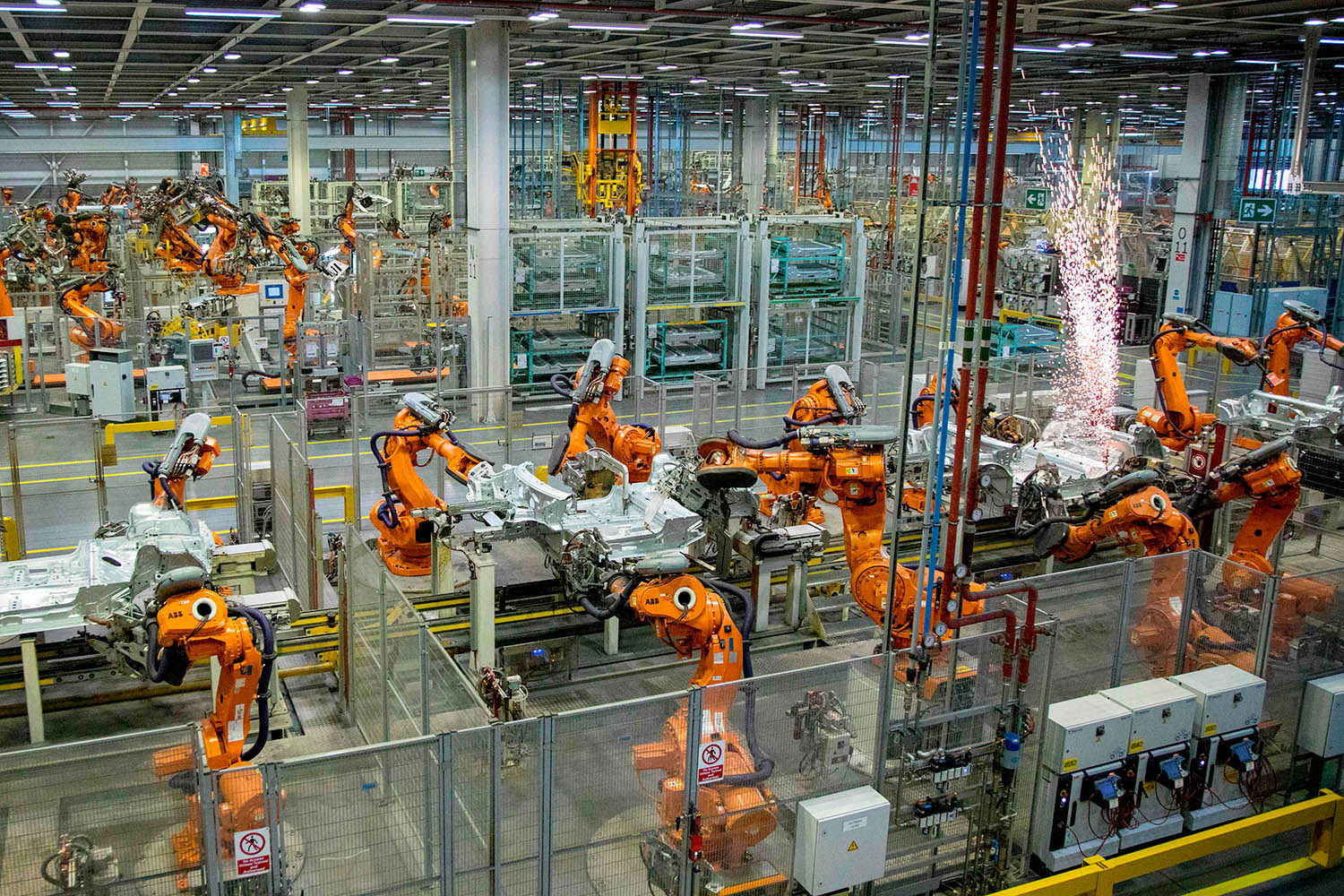The government launched its long-awaited industrial strategy last week with a policy package designed to tackle the UK’s sky-high industrial energy costs and extra funding for skills training.
“This industrial strategy marks a turning point for Britain’s economy and a clear break from the short-termism and sticking plasters of the past,” Keir Starmer, the prime minister said.
Ailing UK businesses were generally receptive of the long-term solutions laid out by Starmer. But it’s also undeniable that the strategy had winners and losers.
“How can national renewal be properly delivered if 70% of the economy is excluded from the government's flagship plan for growth,” asked Kate Nicholls, chief executive of UKHospitality, in a statement that hit out against the rises to employer national insurance contributions in April.
Other industries fared better. The strategy lays out how the government intends to support eight high-growth sectors in which the UK has a potential competitive advantage, including clean energy, advanced manufacturing and digital and tech. It also has a central aim to reduce industrial electricity prices – which are among the highest in the developed world.
From 2027, 7,000 firms in sectors like aerospace and automotive, will have their electricity costs reduced by up to £40 per megawatt hour under a new British industrial competitiveness scheme. Eligible firms will be exempt from paying certain levies which support green energy, such as the Renewables Obligation.
About 500 firms in sectors like steelmaking, chemicals, and glassmaking will also have their electricity network charges reduced, with discounts to increase up to 90% from 2026.
But Raoul Ruparel, director of Boston Consulting Group’s centre for growth, said there was still “a lot of uncertainty” about the details of the government’s broader energy plan.
Skills was another cross-sector issue which the government sought to address. It announced an investment package worth £275m into apprenticeships, particularly in defence and engineering. This followed a £187m announcement earlier this month, targeting AI skills training.
Starmer pledged to invest £1.2bn in skills over the course of the parliament to help develop a domestic pipeline of talent and “end the overreliance on foreign labour”.
Newsletters
Choose the newsletters you want to receive
View more
For information about how The Observer protects your data, read our Privacy Policy
While broadly supportive of the overall strategy, Pranesh Narayanan, a research fellow at the Institute for Public Policy Research, warned that the government needed to remain committed for the long term. “This is a 10-year plan with five years of committed funding… Long-term success depends on long-term funding,” he said.
Photograph by Tolga Akmen/AFP via Getty Images


